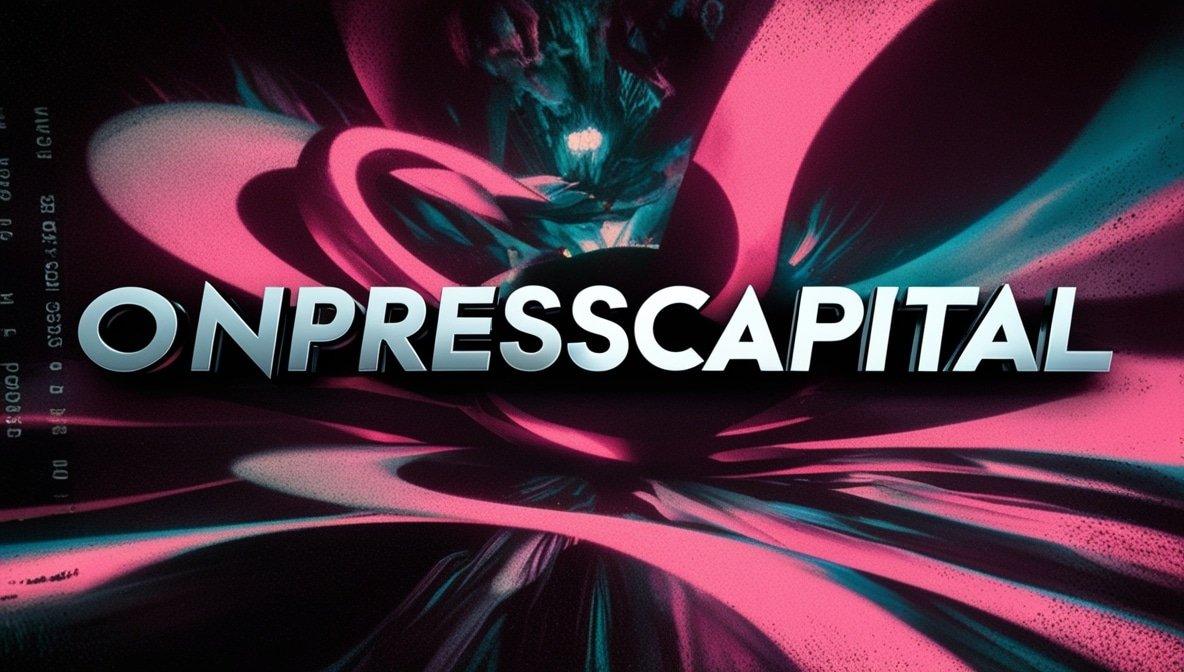Introduction to thejavasea.me Leaks AIO-TLP
The concept of online leaks has gained increasing importance in the modern digital landscape, highlighting the need for information security and data privacy. One prominent platform in this domain is thejavasea.me, which has emerged as a significant source for accessing various leaks. The site facilitates the sharing and dissemination of sensitive information, enabling users to stay informed about notable data breaches and other leaks affecting numerous sectors.
Within this context, the term AIO-TLP refers to “All In One – Traffic Light Protocol,” a classification system that denotes the sensitivity and distribution limits of shared information. This system is crucial for users navigating the complexities surrounding leaks, as it helps determine how secure or sensitive certain data may be and whether it can be shared further. In essence, thejavasea.me operationalizes this framework to enhance user awareness and promote responsible sharing practices among its audience.
The relevance of thejavasea.me and its leaks cannot be overstated, particularly in an era where data breaches have become commonplace. With the rising threat of cyberattacks and malicious data leaks, understanding the implications of these events is vital for individuals and organizations alike. The focus on AIO-TLP categorization also underscores a broader commitment to responsible information sharing, ensuring that users are aware of potential risks associated with accessing leaked data.
In a world increasingly reliant on digital communication and information access, platforms like thejavasea.me stand as double-edged swords—ways to inform users of critical information while also posing inherent risks. As we delve deeper into the world of online leaks and their implications, understanding the role played by thejavasea.me and the AIO-TLP classification will serve as a foundation for navigating these challenges effectively.
Implications of thejavasea.me Leaks AIO-TLP
The leaks associated with thejavasea.me pose significant implications for data privacy and security. As digital data continues to play an integral role in various sectors, the unauthorized exposure of sensitive information can have dire consequences for individuals and organizations alike. The potential risks stemming from thejavasea.me leaks are multifaceted and warrant serious examination.
First, individuals whose data has been leaked may face identity theft, financial loss, and reputational damage. For example, if personal identifiers, such as Social Security numbers or bank account details, are exposed, perpetrators may exploit this information to commit fraud. Recent incidents involving large-scale data leaks, such as the infamous Equifax breach, illustrate how compromised data can lead to enduring ramifications for millions of people, with victims often taking years to recover from the associated impacts.
On an organizational level, the consequences can be equally severe. Businesses that experience data breaches often endure financial losses due to both immediate theft and long-term damage to their brand reputation. Moreover, organizations must grapple with the legal ramifications of failing to protect customer data, leading to costly lawsuits and enforcement actions. The magnitude of thejavasea.me leaks must not be underestimated, as the exposure of proprietary corporate information can also sabotage competitive advantages and result in severe market penalties.
Given these implications, the pressing need for robust data protection measures becomes evident. Organizations must prioritize safeguarding personal data by implementing encryption, conducting regular audits, and adhering to best practices in cybersecurity. Likewise, individuals should remain vigilant about their information security by regularly monitoring their accounts and utilizing identity protection services. Only through proactive measures can the risks associated with thejavasea.me leaks be effectively mitigated.
The Impact of AIO-TLP on Digital Culture
The leaks associated with thejavasea.me and its AIO-TLP initiative have sparked significant discussions about digital rights, information freedom, and numerous ethical considerations surrounding the practice of leaking sensitive content. In a world increasingly reliant on digital platforms, the implications of such leaks extend far beyond the immediate repercussions for the individuals or organizations involved. These leaks raise critical questions regarding transparency and the relationship between the public and institutions that wield power over information dissemination.
At the heart of these discussions is the notion of digital rights, where access to information is often championed as a fundamental component of democracy. Thejavasea.me leaks AIO-TLP have contributed to this narrative by demonstrating how information flows and, conversely, how it can be restricted. They serve as a reminder that in many cases, information that could empower individuals might be withheld due to concerns over security, privacy, or proprietary interests. This scenario has catalyzed activism that advocates for greater transparency and accountability in digital spaces, compelling institutions to reconsider their practices regarding information sharing.

Furthermore, the cultural ramifications of the javasea.me leaks AIO-TLP are evident in public discourse. As users engage with various narratives propagated by these leaks, opinions on the ethicality of leaking information diverge. Some view such acts as necessary for exposing injustice and holding powerful entities accountable, while others perceive them as a threat to privacy and trust in digital platforms. This ongoing tension reflects the delicate balance that must be maintained between ensuring transparency and fostering a trustworthy digital environment.
As awareness grows around the implications of thejavasea.me leaks AIO-TLP, so too does the collective understanding of how digital culture is shaped. The discourse generated by these leaks will likely influence future legislative and ethical frameworks governing information rights and access in the digital age.
Navigating the Challenges Posed by thejavasea.me Leaks AIO-TLP
As the digital landscape continues to evolve, the emergence of leaks such as thejavasea.me leaks aio-tlp poses significant challenges for individuals and organizations alike. Protecting sensitive information has become more critical than ever. One of the first step in safeguarding data is implementing strong password policies. Users should utilize complex passwords that are changed regularly and do not rely on easily guessable information.
In addition to robust passwords, employing two-factor authentication (2FA) can enhance security significantly. This additional layer of protection requires users to verify their identity through a second method, such as a text message or authentication app. Implementing 2FA can serve as a vital defense against unauthorized access resulting from leaks.
Regular software updates are another essential practice. Keeping operating systems, applications, and antivirus software up-to-date can mitigate vulnerabilities that cybercriminals might exploit following significant leaks, including those from thejavasea.me. Many organizations also find it beneficial to conduct regular security audits and vulnerability assessments to identify and address potential weaknesses in their systems.
Organizations should provide ongoing training for employees regarding data security and privacy measures. Creating a culture of awareness around digital threats can empower team members to recognize potential risks and adhere to best practices concerning sensitive information. Incorporating cloud solutions and encrypted communications can also contribute to a more secure data-sharing environment.
Moreover, staying informed about ongoing digital threats is critical. Subscribing to cybersecurity news platforms and utilizing threat intelligence tools can help individuals and organizations understand emerging risks related to leaks such as thejavasea.me leaks aio-tlp. By fostering an informed community, stakeholders can collectively develop strategies to fend off data breaches effectively.
With these actionable strategies in place, individuals and organizations can navigate the challenges posed by leaks while maintaining their commitment to data security and privacy.





Leave a Reply